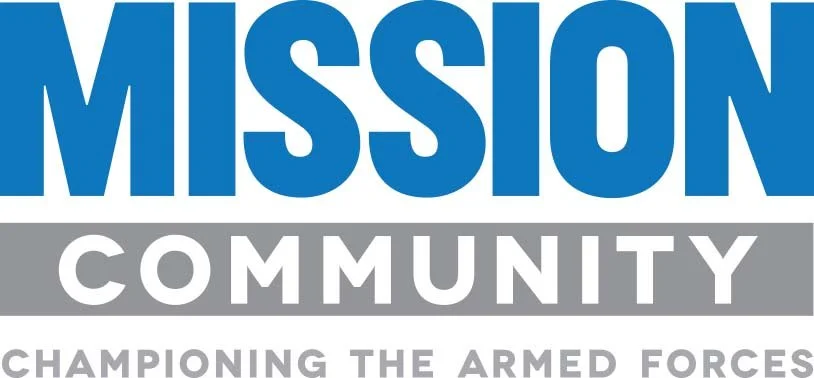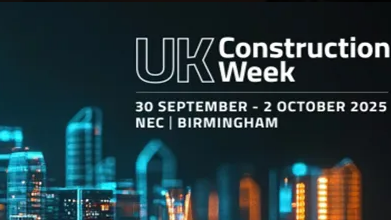The Value of Military Veterans in the Construction Industry
As we are in UK Construction Week, the industry faces up to a growing demand for skilled, reliable workers—and one of the most overlooked talent pools continues to be the Armed Forces community. With thousands of service members transitioning to civilian life each year, veterans bring a unique combination of discipline, leadership, and technical skills that align perfectly with the needs of modern construction projects.
1. Discipline and Reliability
Military training instills a strong sense of discipline, accountability, and teamwork. In construction, where deadlines are tight and safety is paramount, having workers who show up on time, follow procedures, and remain calm under pressure is invaluable. Veterans are accustomed to operating in high-stress environments and understand the importance of structure and consistency—key traits for successful job site performance.
2. Leadership and Teamwork
Many veterans enter the civilian workforce with experience leading teams, managing logistics, and solving problems in dynamic environments. These skills directly translate to roles such as site supervisors, project managers, and safety officers. Their ability to lead diverse teams, communicate effectively, and make decisions under pressure helps improve job site efficiency and morale.
3. Technical Skills and Adaptability
Modern military roles often involve the use of advanced equipment and technology. Veterans trained in engineering, mechanics, or logistics frequently transition with hands-on experience using tools and systems similar to those in construction. Their adaptability also means they can quickly learn new trades, tools, and protocols.
4. Mission-Focused Work Ethic
Veterans are trained to work toward clear objectives and to see the bigger picture—a mindset that complements the project-based nature of construction. Whether it’s erecting a building or maintaining infrastructure, veterans bring a mission-first mentality that keeps projects moving forward with purpose and precision.
5. Support Through Veteran Hiring Programs
Many organizations now recognize the value veterans bring and have developed training and hiring programs to support their transition into construction careers. Programs such as BuildForce, Project Recce and various industry initiatives actively connect veterans with opportunities in the trade, helping address the skilled labour shortage while offering meaningful post-service careers.
Conclusion
Hiring veterans within the construction industry isn’t just a good deed—it’s a smart business move. Their leadership, work ethic, and skill sets make them a natural fit for construction roles at all levels. As the industry continues to evolve and expand, integrating more veterans into its workforce will be key to building a stronger, more resilient future.
Links:

